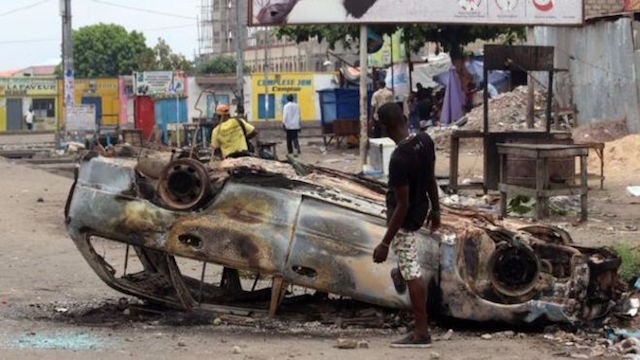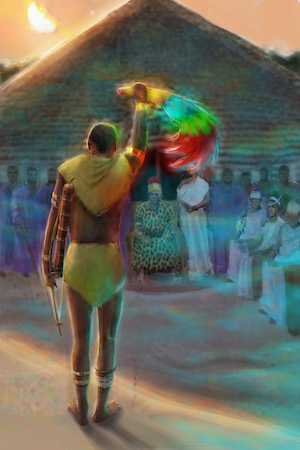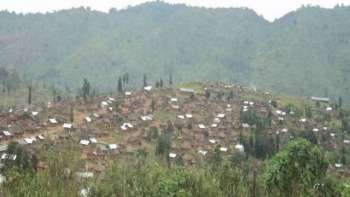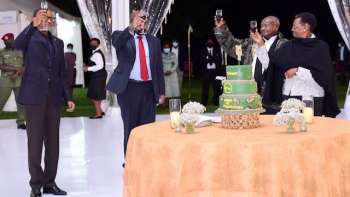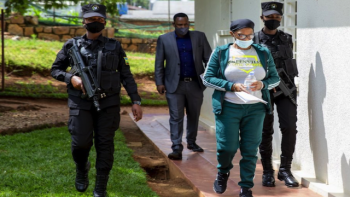The US Government has ordered family members of the US Government personnel to immediately leave the restless central African nation of the Democratic Republic of the Congo (DRC). The order, issued by the U.S. Department of State on Sep 29, 2016, warns U.S. citizens of continued instability in the Democratic Republic of Congo (DRC) and continued security deterioration in the capital Kinshasa and around the country.
The country has been rocked by major civil unrests following political uncertainty about the upcoming presidential elections. On September 19 and 20,
civilians from the opposition clashed with the government security forces. The clashes resulted in deaths of civilians and police officers, with some estimates putting the death toll at more than 100 civilians killed. Vast destructions of property occurred around the capital city. The civilians were protesting against the current President Joseph Kabila's unwillingness to organize elections at the end of his term, as provided by the constitution.
Joseph Kabila's government and allies, on the one side and the opposition, on the other have been locked in negotiations. However, two main opposition parties have stayed away (see Political Dialogue Opens in DRC: Vital Kamerhe, the Next Prime Minister? )
In power for more than 15 years, Joseph Kabila's government has been renown for incompetence, corruption, and repression. This has led to frequent civil unrests and endless armed rebellions. In a country with vast natural resources, basic infrastructure is almost inexistent or crumbling, civil servants are not paid, and the masses live in abject poverty. According to the US State Department's statement "very poor transportation infrastructure throughout the country and poor security conditions make it difficult for the U.S. Embassy to provide consular services anywhere outside of Kinshasa."
The statement by the US State Department adds that the situation across the entire remains volatile. Armed groups, bandits, and some elements of the Congolese armed forces continue to operate in most parts of the country. These groups "kill, rape, kidnap, pillage, steal vehicles, and carry out military or paramilitary operations in which civilians can be indiscriminately targeted. Kidnapping for ransom is common, particularly in areas north and west of Goma, North Kivu," in Eastern DRC



